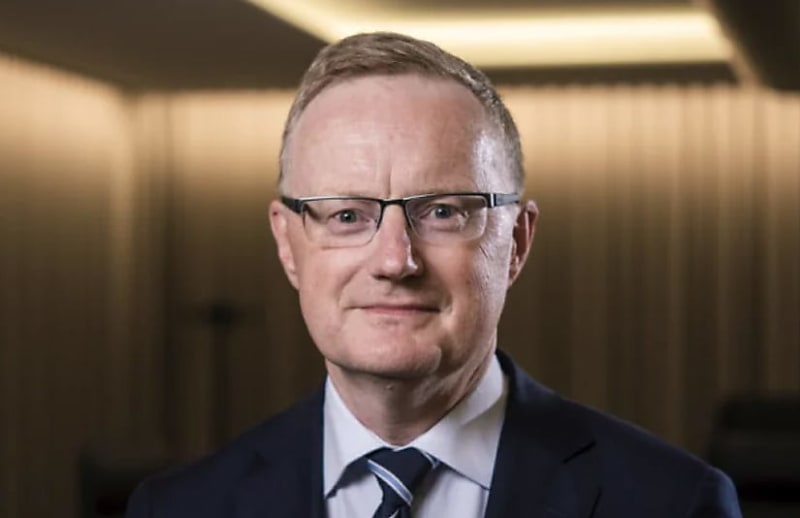A fall in the latest ABS unemployment rate statistics has sparked fresh cash rate concerns as RBA governor Philip Lowe referenced the tight labour market as an influence on the interest rate decisions.
The ABS revealed the unemployment rate had fallen 0.1 percentage points to 3.6 per cent in May when seasonally adjusted.
You’re out of free articles for this month
As Australia’s labour market remains strong, head of labour statistics at the ABS, Bjorn Jarvis, said employment increased by approximately 76,000 people, the number of unemployed individuals dropped by 17,000 and the sum of people employed in Australia reached 14 million for the first time on record.
“Looking over the past two months, the employment increases average out to around 36,000 extra employed people each month, this is still around the average over the past year of 39,000 people a month,” said Mr Jarvis.
“Just before the start of the pandemic almost 13 million people were employed in Australia. In May 2023, this had risen to just over 14 million people.”
The ABS also revealed the employment-to-population ratio rose 0.2 percentage points to 64.5 per cent, a record high.
“In addition to there being around a million more employed people than before the pandemic, a much higher share of the population is employed,” he said.
“In May 2023, 64.5 per cent of people 15 years or older were employed, an increase of more than two percentage points (2.1) since March 2020.”
Dr Lowe’s reference to the low unemployment rate as a factor in the RBA’s June monetary policy decision has left an interest rate increase in July now firmly on the table.
“The board remains alert to the risk that expectations of ongoing high inflation contribute to larger increases in both prices and wages, especially given the limited spare capacity in the economy and the still very low rate or unemployment,” he said.
“The board will continue to pay close attention to developments in the global economy, trends in household spending, and the outlook for inflation and the labour market.”
The ABS also revealed the underemployment rate had risen 0.3 percentage points to 6.4 per cent after a 0.1 percentage point fall in April.
Australian Council of Trade Unions (ACTU) assistant secretary Joseph Mitchell said the rise was a sign that more workers were doing it tough financially.
“We need an inclusive economy that delivers for working people,” said Mr Mitchell.
“The cost of living and massive interest rate increases are making it harder for families to pay the bills and put food on the table.”
“This, while big businesses CEO pay is rising at more than twice the rate of inflation.”
Josh Needs
AUTHOR
Josh Needs is a journalist at Accountants Daily and SMSF Adviser, which are the leading sources of news, strategy, and educational content for professionals in the accounting and SMSF sectors.
Josh studied journalism at the University of NSW and previously wrote news, feature articles and video reviews for Unsealed 4x4, a specialist offroad motoring website. Since joining the Momentum Media Team in 2022, Josh has written for Accountants Daily and SMSF Adviser.
You can email Josh on: This email address is being protected from spambots. You need JavaScript enabled to view it.

 Login
Login







